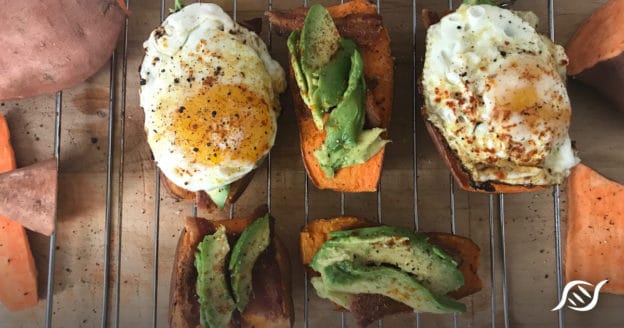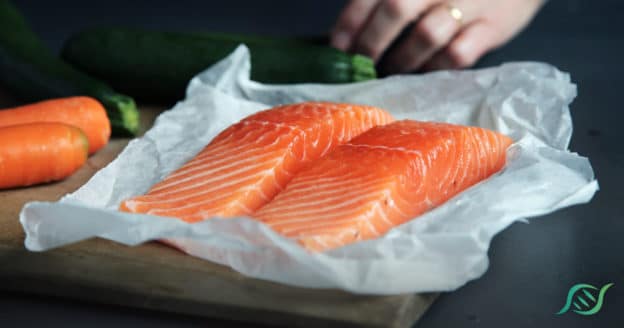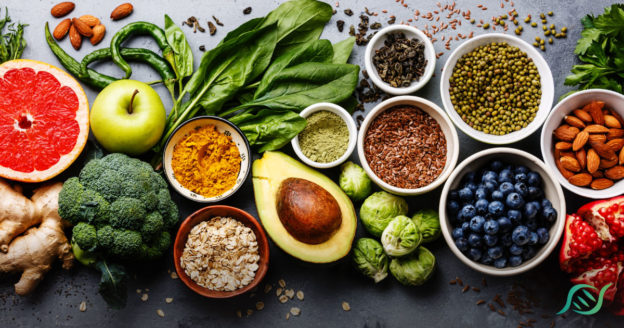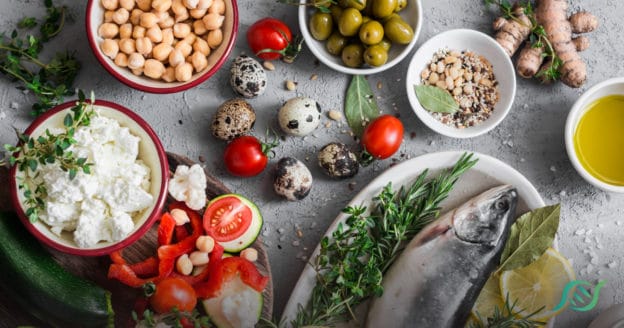A: Thank you for the question. It is an excellent question and one that I get a lot so let me try to address it in a general manner. Before we get to supplements, let me say that our goals for our nutrition should start with the foundation of a diet that very closely mimics what we as a species ate for our entire history up until the proliferation of processed foods in the 20th century. We were either designed or adapted through selective pressures to thrive on a diet of natural foods, with natural meaning very minimally processed with no genetic mumbo jumbo in the DNA of the plants or animals. Most of the limited research available shows that it really isn’t very important the exact macro breakdown of the food as much as the minimal processing of the food. So 10% or 50% of carbohydrate doesn’t seem to make a big difference in the life expectancy or quality of life of people as long as the food they are eating is natural. Which brings us to the point of “what is ‘natural’ really”?
 I define natural as the condition that food USED to be available as pre-industrial agriculture. Plants were full of the correct vitamins and minerals due to natural fertilization and rotational planting instead of having only a few minerals available to them for replenishment by commercial fertilizer. Commercial fertilizer does make large, good -looking fruit but it is deficient in many of the minerals that the plant should contain naturally. With animal products, animals should be raised on their natural diets in order to contain the appropriate fatty acids. Ruminants should eat grass their entire lives, fish should be caught in the wild, chickens should roam and scratch the ground, eating the insects and worms they turn up, etc. So how do you address the dietary deficiencies if you absolutely must rely on industrial food sources? Here is where supplements play a role.
I define natural as the condition that food USED to be available as pre-industrial agriculture. Plants were full of the correct vitamins and minerals due to natural fertilization and rotational planting instead of having only a few minerals available to them for replenishment by commercial fertilizer. Commercial fertilizer does make large, good -looking fruit but it is deficient in many of the minerals that the plant should contain naturally. With animal products, animals should be raised on their natural diets in order to contain the appropriate fatty acids. Ruminants should eat grass their entire lives, fish should be caught in the wild, chickens should roam and scratch the ground, eating the insects and worms they turn up, etc. So how do you address the dietary deficiencies if you absolutely must rely on industrial food sources? Here is where supplements play a role.
Supplements in this scenario are exactly what they are named. They should be used to provide that bridge back to the natural diet that we are conditioned to thrive with. For example- magnesium, selenium, and zinc to replace the magnesium, selenium, and zinc that are supposed to be in the plants we eat, omega 3s to mimic the meat lipids that we were conditioned to eat for thousands of years, probiotics to replace the bacteria we used to consume before the advent of pasteurization, etc. In essence, we are retro-engineering our food supply back to what it is supposed to be. The only way to thrive as an organism is to consume what the organism has adapted to consume in its totality. Sure, we are adaptable organisms and can survive on many different foods and many different intake levels. But to be truly healthy and to thrive we must seek to consume our body-adapted diet.











